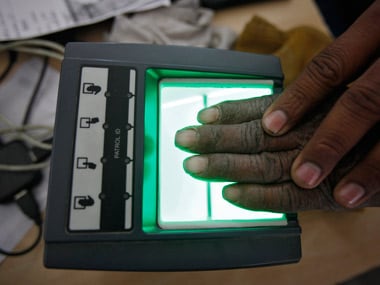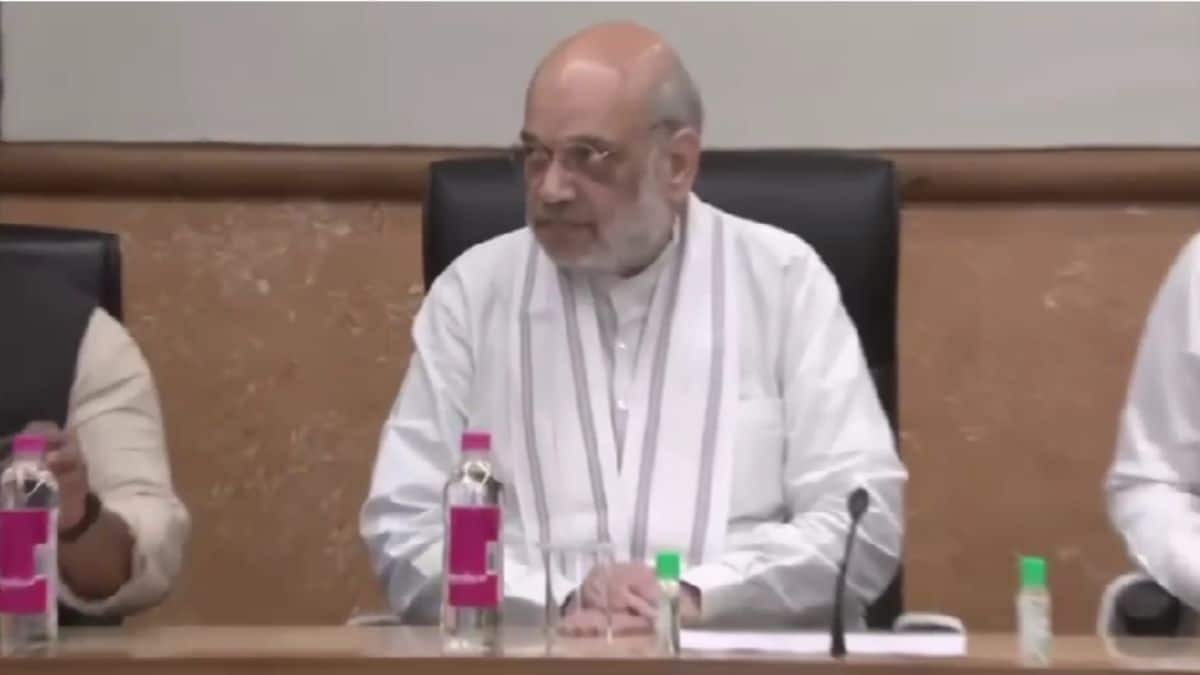(Wo)Men are born free, yet everywhere are in chains – Jean Jacques Rousseau
At 10:38 am on Thursday, nine jurists followed freedom’s call, down to Tilak Marg, listening to the wind of change. The nine-judge Constitution bench of the Supreme Court has unanimously upheld the Right to Privacy, which was soon hailed as a staggering victory by the pro-privacy civil society. When the chief justice pronounced his judgment, it felt like both the longest and shortest 180 seconds of my life. For a while now, the public discourse surrounding privacy has been guided by, and been within the context of, the Aadhaar debate. However, by no means are the ramifications of Thursday’s judgment limited to the access to government services within the Aadhaar regime. But first, a quick recap Our legislature and executive have, in recent times, indicated that the Indian populace is not ready to embrace privacy as a fundamental right. The attorney general, on behalf of the Union of India, has reportedly argued that privacy as a right has greater credibility in jurisdictions that are socially, politically and economically developed: A description that may not necessarily be applicable to India. [caption id=“attachment_3829337” align=“alignleft” width=“380”]  The ramifications of the judgment aren’t limited to the Aadhaar debate. Reuters representational image[/caption] Besides, the State has contended that privacy is not a legal concept, but rather a sociological notion. If we were to accept the State’s arguments as valid — that the existence of an advanced society (the parameters of which may be social, political, economic or abstract) — is a condition precedent for the recognition of the right to privacy, shouldn’t being “less developed” make it the State’s duty to legally recognise and protect that which society is (apparently) not advanced enough to acknowledge and practice? Privacy pioneers, on the other hand, have consistently argued, both in this case and otherwise, that privacy is a fundamental and inalienable right granted to individuals, and safeguarded by the constitutional law of the land. They have implored courts to read privacy into the rights under Articles 19 and 21 of the Constitution. Per judicial precedent, privacy rights have been seen to encompass within their remit the prevention of disclosure of information imported under confidence. This last part is especially significant today, as our apex court upholds the right of a billion people to their “selves” under Article 21, within the background of a constitutional challenge to a government scheme that creates a centralised repository of personal information, in the face of reported infrastructural and security lapses. What is at stake The application of this bench’s decision to the ongoing Aadhaar challenge — that’s what is at stake. As we wait to peruse the text of the current judgment, it is important to assess the more granular issues related to the biometric-enabled Aadhaar identification process and its confluence with government services. In principle, we are faced with issues of consent. In practice, we struggle with infrastructural deficiencies and an absence of safeguards and accountability. Free consent is the cornerstone of any progressive democratic society. It is legally the foundation of every contractual arrangement, and sociologically underpins all discourse on personal choice. Even the existing data privacy regime in India, as outlined under the Information Technology Act, 2000, and rules thereunder, requires that data collectors gather and use user information only pursuant to consent. This is critical, because within this context, the user may freely choose to part (or not part) with his/her personal information. The consequence of refusing to share this information is the inability to access the data collector’s service/platform. However, choosing to not part with one’s personal data is a luxury one can ill-afford, when in the bargain, one loses the ability to access basic and essential government services. The large-scale centralisation of everything from personal identifiers to financial information, coupled with less than confidence-inspiring security systems to keep the data safe, is probably the greatest concern plaguing those who are sceptical of the Aadhaar process from a privacy perspective. A centralised database that amasses the personal information of the entire citizenry and links it across platforms and services has the potential of being used as a tool for Big Brother-esque policy implementation. Add to that a Right to Privacy qualified by reasonable restrictions in public interest or in the interest of national security, and we have ourselves a structure of zero governmental accountability. An unaccountable, surveillance-heavy nation-state, where public services are antagonistic to the notion of free consent, one that places itself much higher on the podium than the individual it seeks to serve. It is a recipe for disaster, and this is what makes the Supreme Court’s decision a step in the right direction. What Next The proof of the pudding is in eating it. Until it is possible to read the judgment in its entirety, I recommend cautious optimism. With the Supreme Court upholding the right to privacy on one hand, the Telecom Regulatory Authority of India recommending an overarching data protection framework on the other, and murmurs saying the Ministry of Electronics and Information Technology is working on a draft privacy legislation, things are getting interesting. And we must remember that the debate doesn’t end with Aadhaar, the validity of which is still under the judicial review of a five-judge bench. It transcends the wide spectrum of judicial interpretation of the freedom of expression under Article 19 and life and personal liberty under Article 21 of the Indian Constitution. The bench has created a precedent that shall guide the rights of individuals vis-à-vis the State for as long as it isn’t overturned by a larger bench or made defunct through a legislative act of Parliament. This judgment, as a direct consequence, puts into motion a chain of events, the impact of which shall be felt across space and time, and today was just the first domino. In Bob Dylan’s words, there’s a battle outside and its ragin’, and our highest court seems to have finally heeded the call, resolved no longer to stand in the doorway or block up the hall, cuz the times, they appear truly to be a chaingin’.


)

)
)
)
)
)
)
)
)



